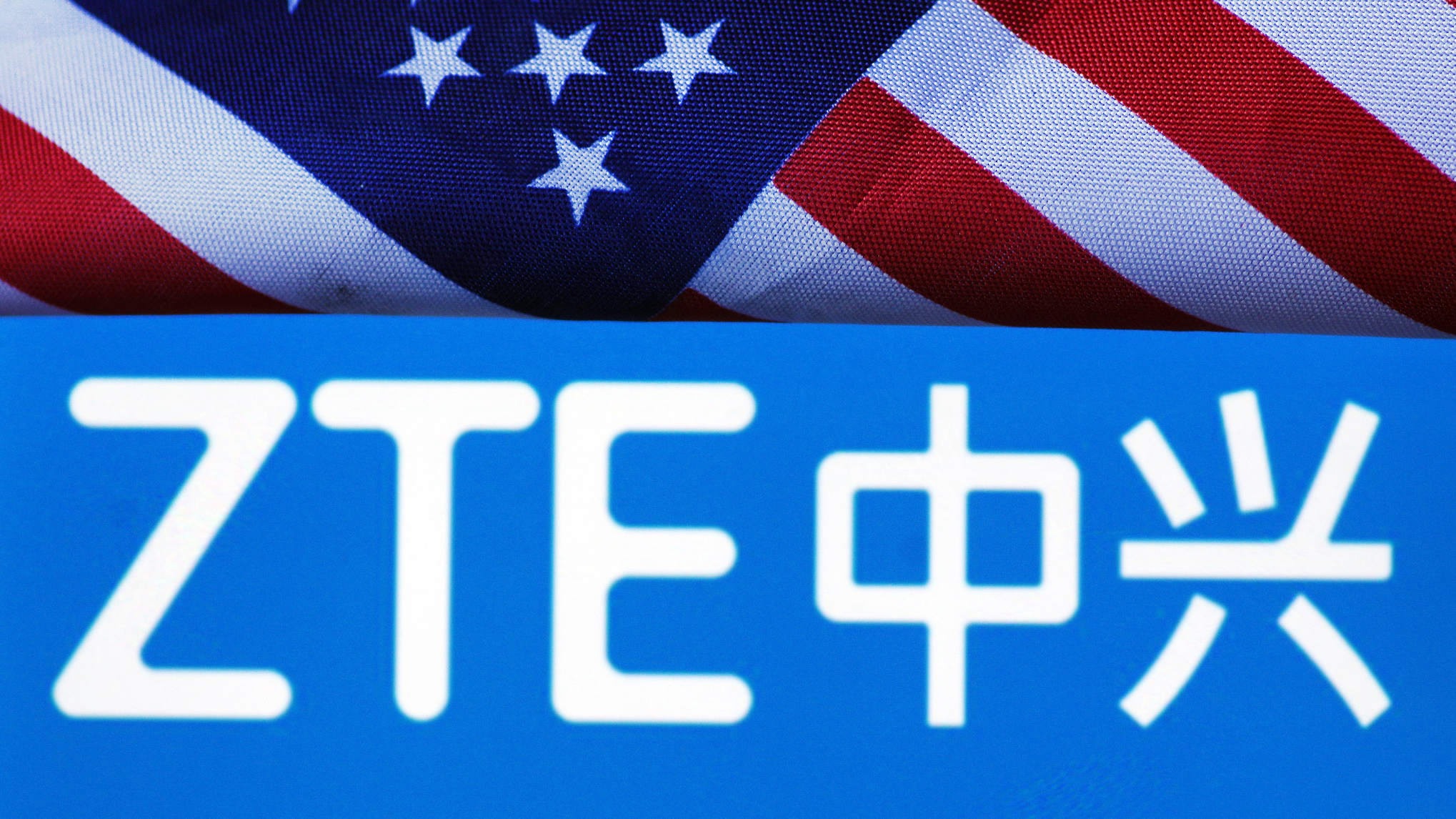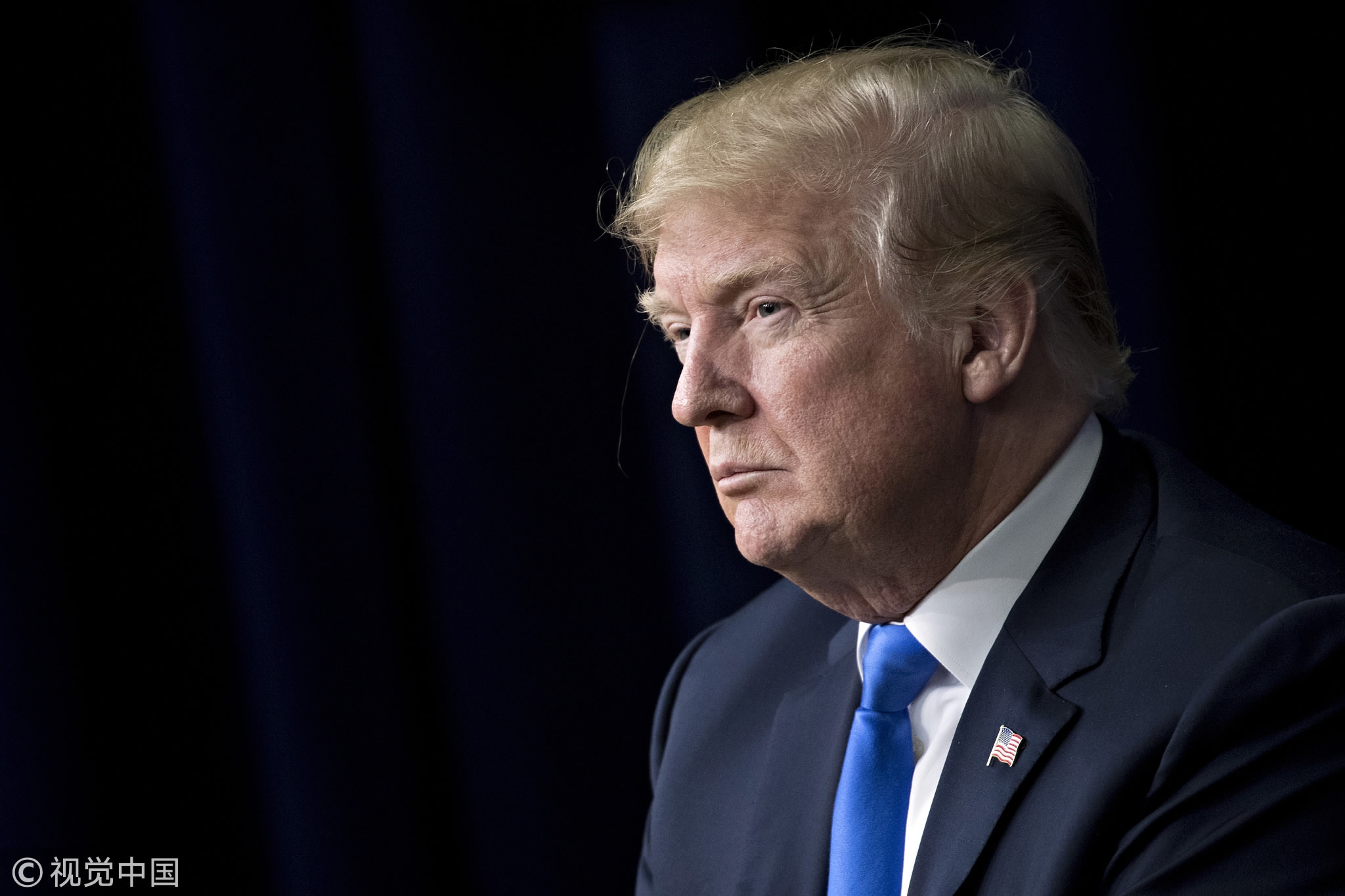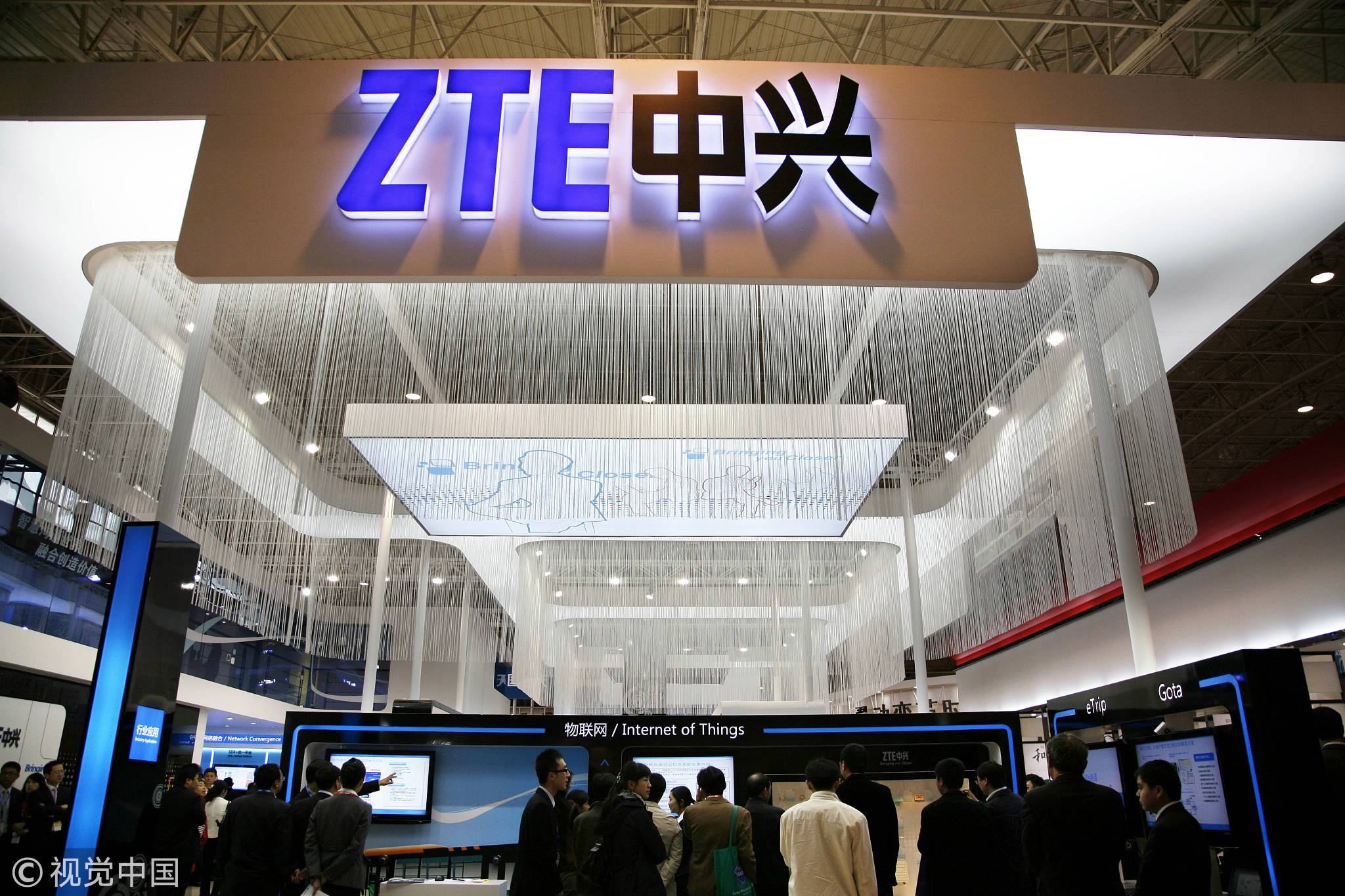
(Photo: CGTN)
A senior British banker exploded with an expletive-charged broadside when his bank was fined in 2012 for violating United States sanctions on Iran. He was quoted in legal documents as saying: "You ... Americans! Who are you to tell us, the rest of the world, that we're not going to deal with Iranians?"
Executives at ZTE are likely to have empathy with this frustration today. Punished by the United States for its commercial relationships with Iran at the start of the decade, ZTE must now be left asking itself: What gives the United States the power to punish a foreign company for doing business in a third country?
Companies doing business in Iran don't fall foul of any international law or regulations. But that hasn't stopped the United States from trying to impose crushing restrictions on ZTE's commercial operations for doing business in Iran. HSBC was fined 1.9 billion US dollars in 2012 for breaking US domestic sanctions, and was forced to end commercial relationships in multiple countries. France's largest bank, BNP Paribas, had to pay a fine of almost nine billion US dollars in 2014 for providing services to clients in Sudan, Iran and Cuba. ABN Amro was fined in 2005, as was Deutsche Bank in 2015.
What gives the United States the power to police foreign companies doing business far beyond its territory? Why should foreign companies have to follow the domestic laws of the United States?

US President Donald Trump listens during a discussion at the Generation Next forum in the Eisenhower Executive Office Building in Washington, DC, US, March 22, 2018. (Photo: VCG)
The United States is a financial superpower that every international bank has to reckon with. The American dollar enjoys an unparalleled position internationally. If a bank wants to clear payments in dollars, they have to have a presence in the United States, which makes them subject to US domestic law.
In a similar vein, the United States can punish companies by wielding its monopoly on advanced technology. By preventing the supply of components from American companies to ZTE, Washington has put ZTE in a difficult situation.
Washington metes out punishment on foreign companies not to enforce international rules or laws, but because it has the power to do so for its own interests. As one French commentator described it, in the case of the fine levied on BNP Paribas, it is "a flagrant violation of international law and the sovereignty of the French nation."
There is little doubt that the United States is using its dominant position in finance and technology to push forward its own political agenda, national interests, and geo-strategic advantage. As the Financial Times reported, American regulators in 2011 warned money market funds about an overexposure to French lenders. This led to "a rush to the door" and as a result, "French banks pulled out of dollar-heavy areas, such as trade finance, leaving the door open for the dominant Wall Street banks to take market share."

China International Information Communication Technology Exhibition in Beijing, Oct. 2010 (Photo: VCG)
America fears what it perceives as a threat by China to its dominance in high tech sectors such as 5G technology, artificial intelligence, and robotics. The decision to crack down on ZTE is regarded by many as an attempt to sabotage China's position as the leader in the development of 5G technology.
The way to stop the United States from using its dominance in finance and technology as an abusive weapon is for other global powers to provide viable alternatives. We are still a long way off from the day when countries don't have to rely on the goodwill and domestic imperatives of the United States for their own economic and technological development. But the ZTE case is a reminder of the importance of continuing to work towards that goal.


